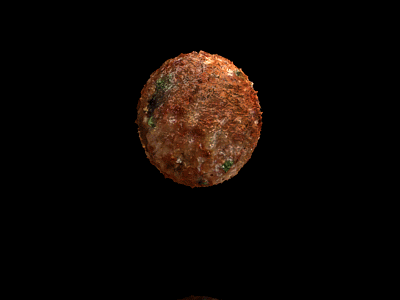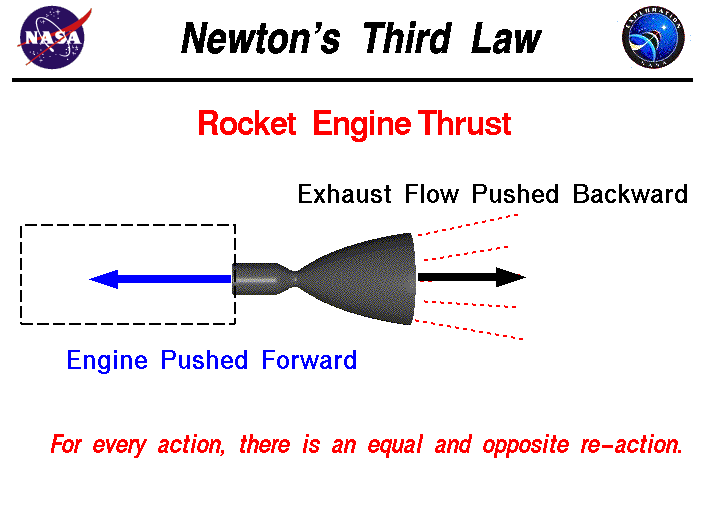
Posted on 03/14/2019 2:53:36 PM PDT by ETL
On a distant space rock being explored by a NASA probe, days are slowly shortening — and scientists are still trying to figure out why.
Right now, the asteroid known as Bennu is spinning once every 4.3 hours. But scientists working on NASA's OSIRIS-REx mission to the space rock have used data gathered before the probe's arrival to calculate that Bennu's rotation rate is speeding up over time — by about 1 second each century.
"As it speeds up, things ought to change, and so we're going to be looking for those things and detecting this speed up gives us some clues as to the kinds of things we should be looking for," Mike Nolan, lead author on the new research and a geophysicist at the Lunar and Planetary Laboratory at the University of Arizona, who is also head of the OSIRIS-REx mission's science team, said in a statement released by the American Geophysical Union, which published the new research. "We should be looking for evidence that something was different in the fairly recent past and it's conceivable things may be changing as we go."
Related: OSIRIS-REx: NASA's Asteroid Sample-Return Mission in Pictures
The new research, despite the ties to the OSIRIS-REx mission, isn't based on measurements from that probe; instead, it looks at data collected by two ground-based telescopes between 1999 and 2005 and by the Hubble Space Telescope in 2012. That last data caught scientists' eyes because it didn't line up with predictions astronomers had calculated with the ground-based data.
"You couldn't make all three of them fit quite right," Nolan said. "That was when we came up with this idea that it had to be accelerating."
It's not an unknown phenomenon, but it is rare, and scientists only confirmed their first example of an asteroid's rotation speeding up in 2007. Even at Bennu, the observations leave the mystery of what's causing it.
One possible explanation is that material moving around on the surface of Bennu or leaving the asteroid entirely could be allowing the rotation rate to speed up. The other explanation is more complicated, the Yarkovsky–O'Keefe–Radzievskii–Paddack (YORP) effect. That effect is caused by sunlight bouncing off the asteroid and slightly tweaking the spin rate faster or slower depending on the shape of the object. For particularly weak asteroids, the YORP effect can actually tear space rocks apart.
The scientists behind the new research suspect it's the YORP effect that Bennu is experiencing. And over the course of the next two years, OSIRIS-REx will provide more data, including detailed boulder analysis and gravitational measurements. Scientists can use those observations to confirm what's going on at Bennu and pin down local YORP levels.
Those numbers can also help scientists understand the behavior of other asteroids, ones that will never see a dedicated spacecraft.
The research is described in a paper published Jan. 31 in the journal Geophysical Research Letters.

“Bennu’s rotation rate is speeding up over time — by about 1 second each century.”
Measurement error.
That’s my thought too.
Is it spinning right or left? In particle physics this creates different attributes.
Funny how right after we are absolutely sure about something, we find out we were wrong.
Could simply be "outgassing" something.
Like a rocket, it moves off in the opposite direction.

If there is outgassing from inside the rock it would cause the rotation to quicken. Because an ordinary spinning object in space should continue spinning at the same rate, unless an outside force acts upon it.
I don't think the rock is massive enough to contract under its own gravitation. But I of course could be wrong.

Drat! You beat me to it.
One second a century is not much compression. It must be a solid piece of rock or iron or something. If it is loose particles there wouldn’t be enough gravity to keep it together, as you say.
Like a figure skater pulling her arms in?

That would be my thought, but I don’t see how a solid piece of rock or iron or whatever would compress over time.
Yup.
DNC National Convention!
“Measurement error.”
—
My thinking, too. At 1 second each century it would have to be observed a looooong time to say if it’s speeding up, slowing down or no change at all.
I’d pay $1 to watch that!
Everybody loves a big screen
Ya gotta love how the guy’s hat stays on LOL
It increases speed with each lie Hillary tells?
(just a theory)
Disclaimer: Opinions posted on Free Republic are those of the individual posters and do not necessarily represent the opinion of Free Republic or its management. All materials posted herein are protected by copyright law and the exemption for fair use of copyrighted works.